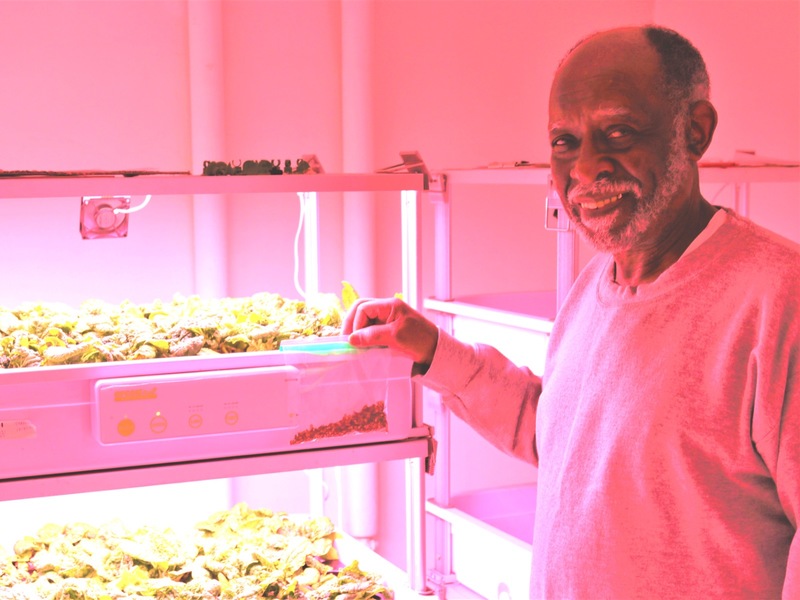When it comes to starting a garden, here are six keys that will help you on your journey in gardening.
1. Find a location in your yard that is as sunny as possible.
Try to remember what it will look like at the peak of summer. If you have trees or growing on your land is not an option, check with your township to see if they have a community garden. Once you have marked off the area in your yard, keep in mind there is no right size garden. It is all based on what your needs are, how much you feel you can manage and how much you want to grow. Before you dig any soil, you need to call Diggers Hotline within 72 hours before you dig. They will check and mark for any underground wires and cables. If you decide that you do not want to dig up your yard and would rather build a raised bed, you still want to call so you know where a safe place to build your garden beds is located.
2. The 90/10 rule
The 90/10 rule means spend 90 percent of your time on soil preparation and 10 percent of your time on planting. Soil is the key to a successful garden. Poor soil equals poor plants. Rich dark soil is key. If you do not have this, you can bring in good compost to build your soil or fill your raised bed.
Test your soil for pH levels. PH measures a soil's acidity or alkalinity the on a scale from 0 to 14, with 7 being neutral and what most of your vegetables want to grow in. You can get a cheap soil tester from your garden center. This will give you a general idea of what kind of soil you have. For a more detailed understanding of your soil, you can send a soil test to your local university for a small fee. This test will tell you what you need to add or not add.
3. Planting what you eat is a good rule.
You will not feel you are investing your time wisely if you do not enjoy eating what you grow. If you think you want to grow hot peppers, for example, go to the store and get some hot peppers to make sure you really do like hot peppers.
4. Crops that climb
If you do not have much space to grow, whether in the ground or raised bed, look at crops that like to climb. You can make a trellis for little to nothing. Vegetables like cucumbers, pole beans, small pumpkins, some winter squash and more can all grow vertical.
5. Look for deals on garden tools.
Your local garden center, thrift stores and some yard sales are a good place to find them. We all know someone who used to garden who may still have tools. We have even found good garden tools on junk day along the road. You do get what you paid for, but to get started cheap, this is the way to go.
6. Understand what type of seeds you are growing.
Whether that be heirloom seeds that have been passed down for generations, certified organic that have be grown without chemical or hybrid – two plants that have been cross pollinated to get the best traits at harvest – understand what you're growing.
For more information, you can visit us at our website.







